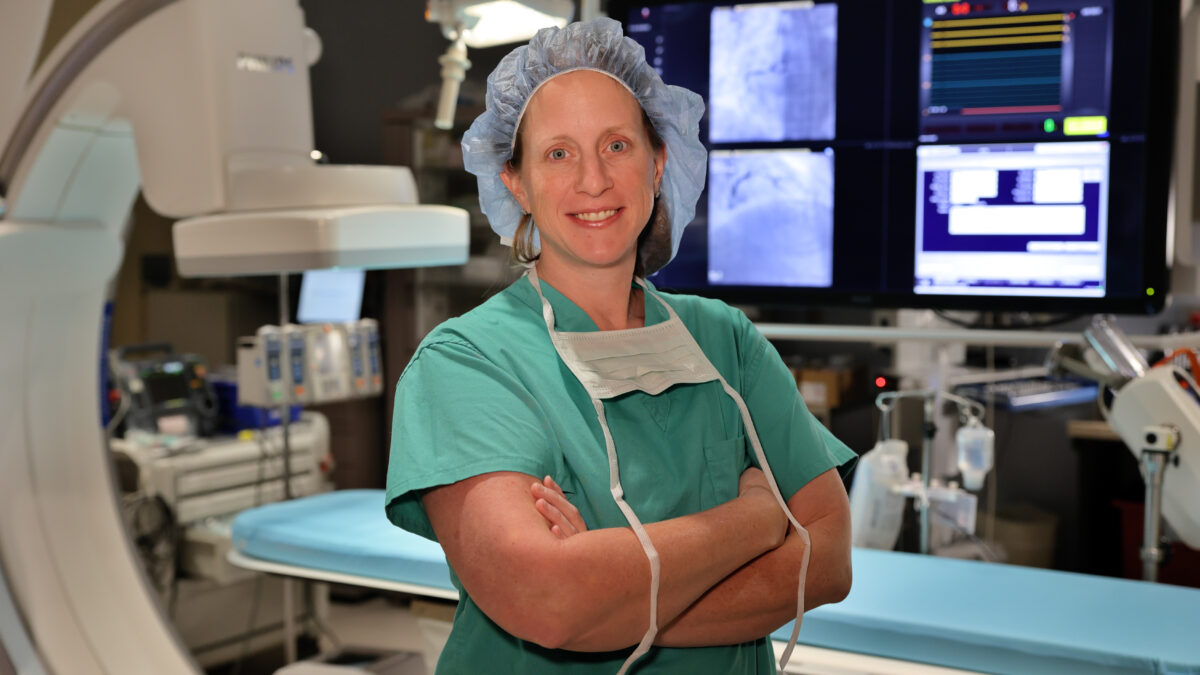Summer is Almost Here: Avoid the Burn and Save Your Skin from Cancer
Having five or more blistering sunburns doubles your risk for melanoma.
More than two people die from skin cancer in the U.S. every hour and having more than five sunburns can double your risk for melanoma. But when detected early, the 5-year survival rate for melanoma is 99%.
May is Skin Cancer Awareness Month, and doctors at Atrium Health Navicent urge everyone to take steps to be sun-safe when planning summer activities. Exposure to ultraviolet (UV) light, an invisible type of radiation that comes from the sun, tanning beds, and sunlamps, can lead to skin cancer, as UV rays are especially damaging to skin cells.
“While skin cancer is the most common cancer in the U.S., you can reduce your risk by applying a sunscreen with SPF 30 or higher before you go outside,” said Dr. Paul Dale, chief of surgical oncology for Atrium Health Navicent and medical director for the Atrium Health Navicent Peyton Anderson Cancer Center. “If you’re concerned about a mole or another spot on your skin, don’t hesitate to see your primary care doctor or dermatologist. The earlier we identify cancer, the better we can treat it.”
Individuals can take the following preventative steps to protect their skin from too much UV exposure and lower their skin cancer risk:
- Stay in the shade as much as possible, under an umbrella, tree or other shelter.
- Use sunscreen and wear protective clothing when you’re outside, even if you’re in the shade. Full-spectrum sunscreen with an SPF of 30 or higher should be applied in a thick layer on all exposed skin. The higher the SPF, the more protection the sunscreen offers. Be sure to reapply at least every two hours and after swimming, sweating, or toweling off.
- Wear a hat that has a brim that shades your face, ears and the back of your neck. If you wear a baseball cap, protect your ears and the back of your neck with clothing, sunscreen or by staying in the shade.
- Wear sunglasses to protect your eyes from UV rays and reduce the risk of cataracts. Sunglasses also protect the skin around your eyes from sun exposure. Sunglasses that block both UVA and UVB rays offer the best protection. Wrap-around styles block UV rays from entering from the sides.
Moles that itch or change shape, size, or color should be examined as soon as possible by a primary care physician or dermatologist.
Atrium Health Navicent Peyton Anderson Cancer Center offers testing that not only determines the scope of skin cancer but also the likelihood of recurrence throughout your body. Castle testing, for melanoma and other skin cancers, helps doctors grade cancer by examining its genetic makeup. Another test, Signatera, detects tumor-specific DNA in the patient’s blood, thus detecting recurrence months before it appears on PET or CT scans.
Patients diagnosed with melanoma have better outcomes when they have access to comprehensive care. In addition to both the Castle and Signatera specialized testing, Atrium Health Navicent Peyton Anderson Cancer Center offers expertise from a multidisciplinary team that offers a range of services caring for patients from screening and diagnosis, through treatment and into survivorship. The Cancer Center is accredited by the Commission on Cancer with Commendation – Gold Level.
For more information about Atrium Health Navicent Peyton Anderson Cancer Center, call 478-633-3000. To find a doctor,
visit www.NavicentHealth.org and click “Find A Doctor.”

